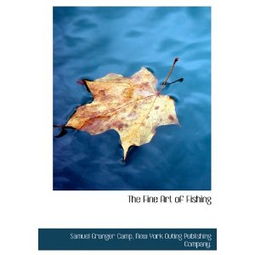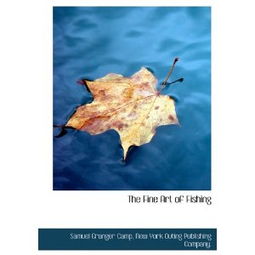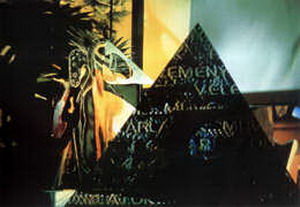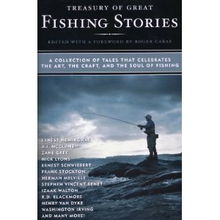Content:
Fishing in freshwater ponds can be a serene and rewarding experience, offering anglers the chance to catch a variety of fish species in a tranquil environment. Whether you are a seasoned fisherman or a beginner looking to explore the world of freshwater fishing, mastering the techniques for pond fishing can significantly enhance your success rate. Here are some essential tips and tricks to help you become a proficient pond fisherman.
Choose the Right Equipment
The first step in pond fishing is to ensure you have the right equipment. Here are some key items you should consider:
- Rod and Reel: A lightweight spinning rod and reel combination is often ideal for pond fishing. The length of the rod should be between 6 to 7 feet, providing enough leverage to cast and fight fish.
- Line: Use a monofilament line with a thickness that matches the size of the fish you are targeting. For smaller species, 4 to 6-pound test line is usually sufficient, while larger fish may require up to 10-pound test.
- Hooks: The size of the hook should correspond to the size of the bait you are using. For small fish, a #6 to #8 hook is typically appropriate, while larger fish may require #2 to #4 hooks.
- Bait: Live bait, such as worms, crickets, or minnows, can be highly effective. Artificial lures, like spinners, jigs, and flies, can also be productive, especially for attracting more active fish.
Select the Best Spot
The best spot to fish in a pond can vary depending on the time of day, weather conditions, and the species of fish you are targeting. Here are some tips to help you find the perfect fishing spot:
- Shallow Water: Fish often congregate in shallow water during the early morning and evening hours. Look for areas with vegetation, rocks, or logs, as these can provide cover and attract fish.
- Deep Water: In the heat of the day, fish may move to deeper water to stay cool. Check out the edges of the pond, drop-offs, or submerged structures.
- Docks and Piers: These structures can provide excellent fishing opportunities as they attract fish looking for food or shelter.
- Current Areas: If the pond has a current, fish may be found near the edges or in areas where the current is strongest.
Understand the Fish Behavior
To be successful at pond fishing, it's crucial to understand the behavior of the fish you are targeting. Here are some general guidelines:
- Feeding Times: Fish are most active and likely to bite during the early morning and evening. However, some species may feed throughout the day, so it's essential to observe the behavior of the fish in your pond.
- Water Temperature: Fish are more active in warmer water, so fishing during the warmer months can be more productive. However, cooler water can also hold fish, especially during hot summer days.
- Weather Conditions: Overcast days can be particularly good for fishing, as they tend to keep the water temperature stable and reduce the stress on fish.
Patience and Persistence

Fishing is a waiting game, and sometimes it can take time to catch a fish. Here are some tips to help you stay patient and persistent:
- Adjust Your Technique: If you're not getting bites, try changing your bait, lure, or fishing technique. Sometimes, the smallest adjustments can make a big difference.
- Stay Quiet: Fish are sensitive to noise, so try to minimize any loud noises or movements while fishing.
- Be Prepared: Bring along snacks, water, and other essentials to keep yourself comfortable during your fishing trip.
Practice Safety
Safety should always be a priority when fishing. Here are some tips to ensure a safe and enjoyable fishing experience:
- Check the Weather: Before heading out, check the weather forecast and be prepared for any adverse conditions.
- Tell Someone: Inform a friend or family member of your fishing plans and expected return time.
- Use a Life Jacket: If you are fishing from a boat or a pier, always wear a life jacket, especially if you are not a strong swimmer.
By following these essential techniques and tips, you'll be well on your way to becoming a proficient freshwater pond fisherman. Remember, the key to success is patience, persistence, and a willingness to learn from each fishing experience. Happy fishing!












